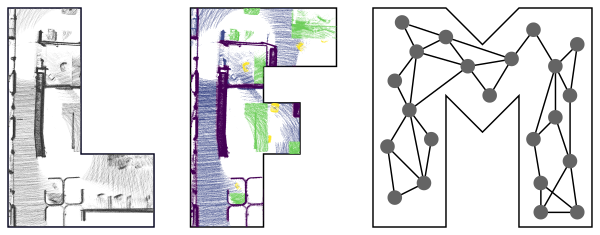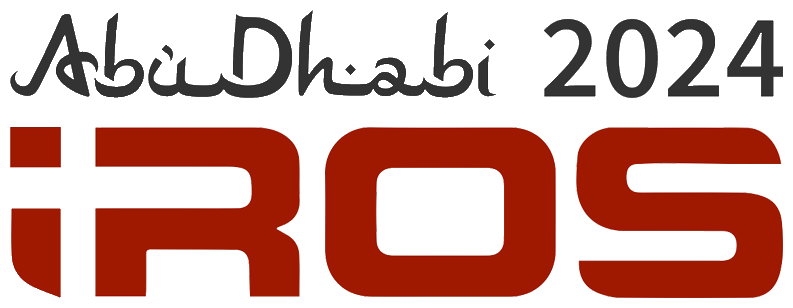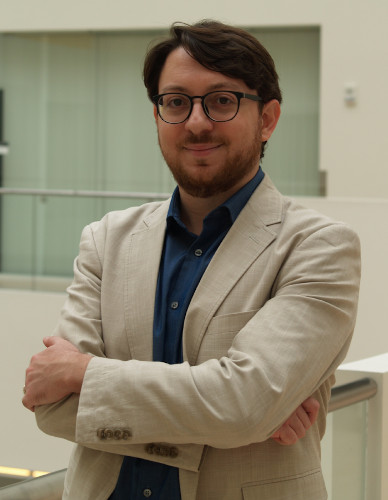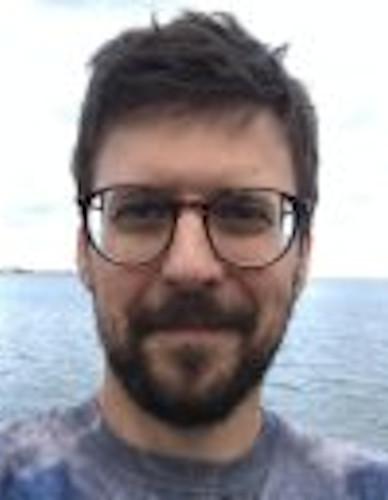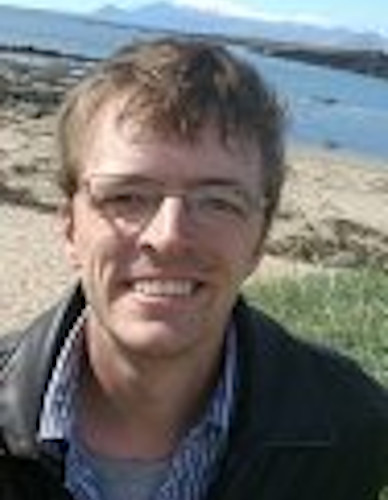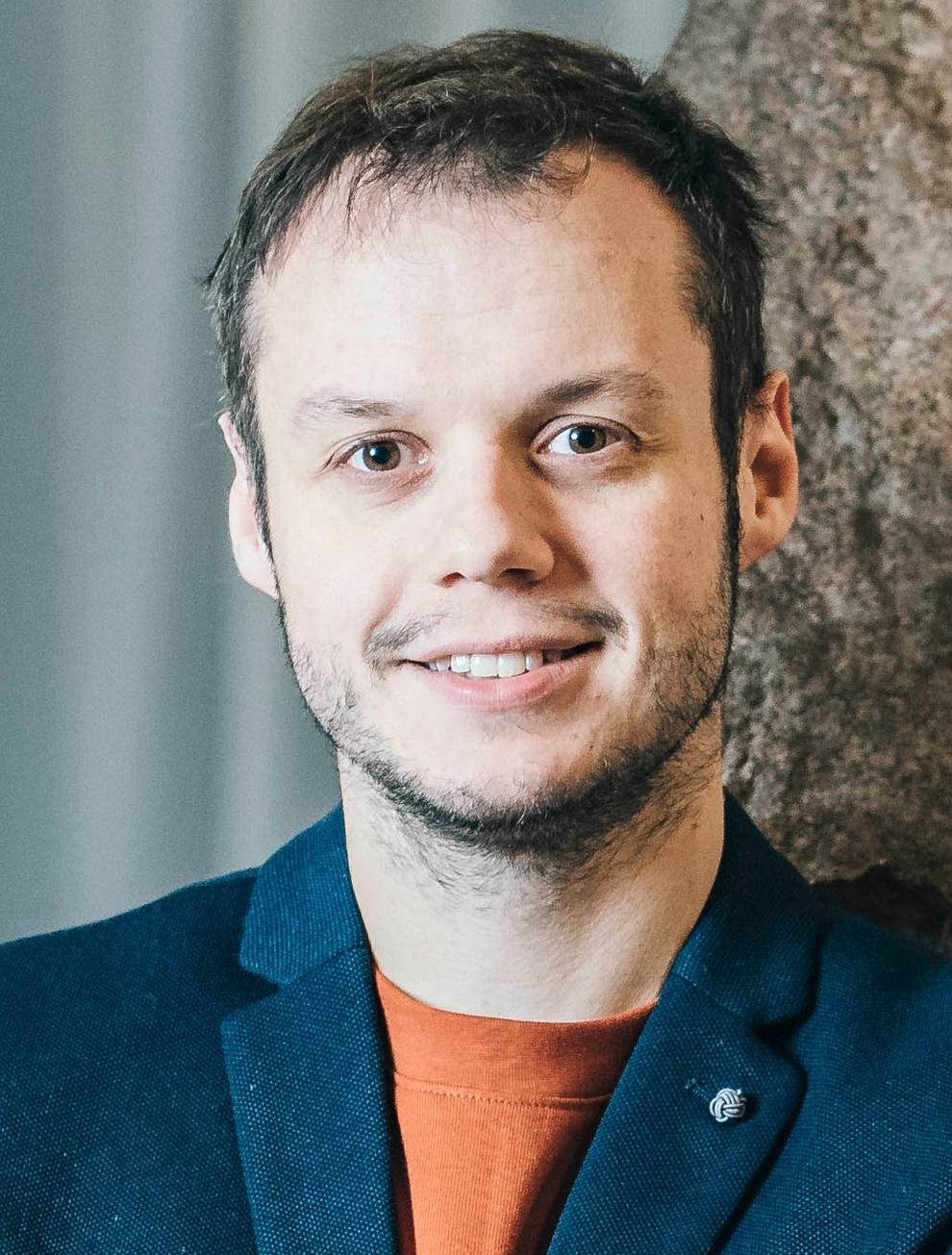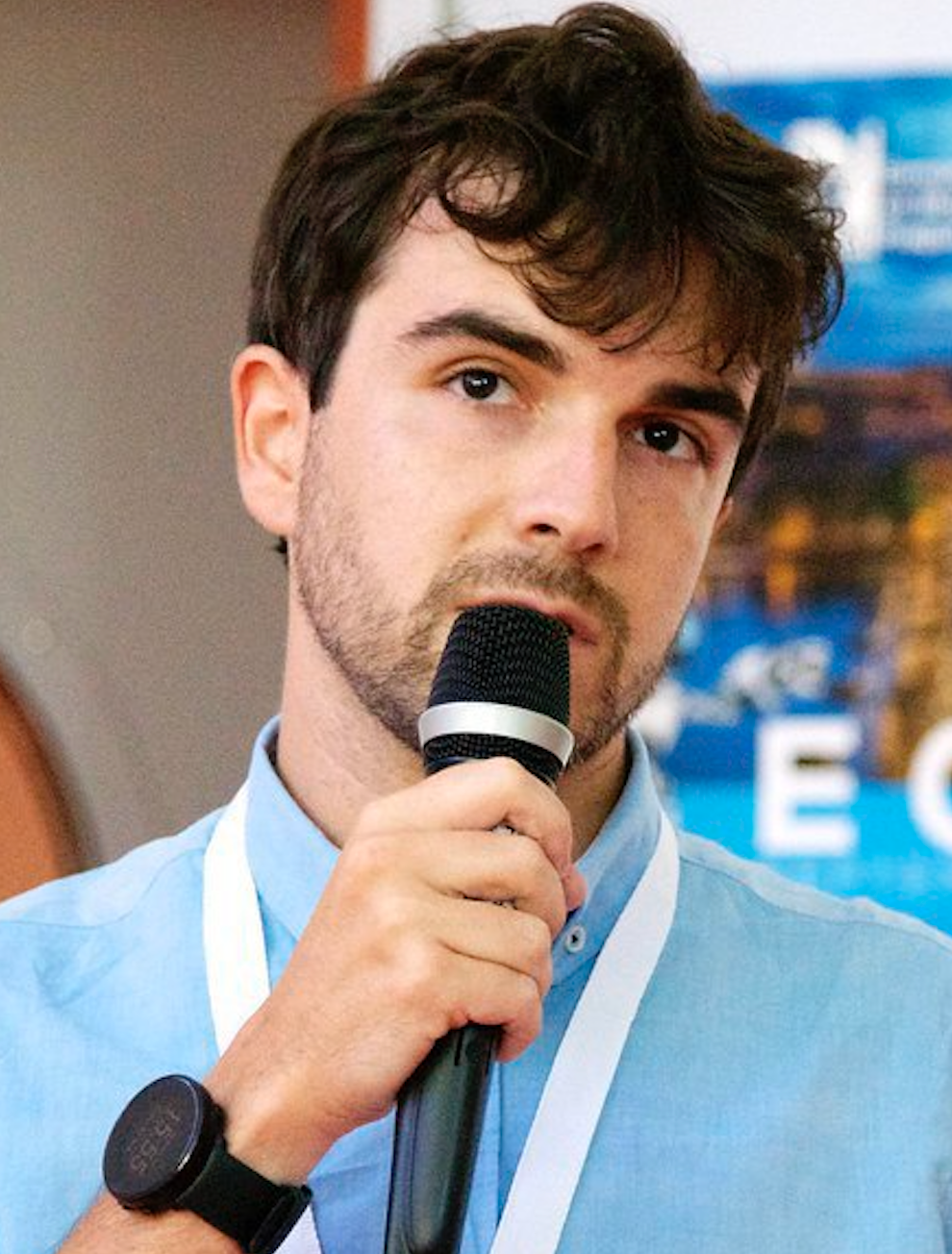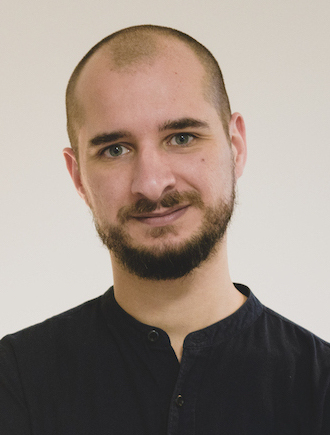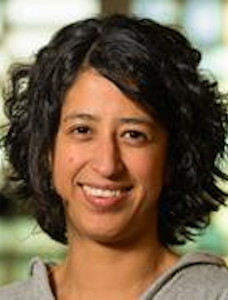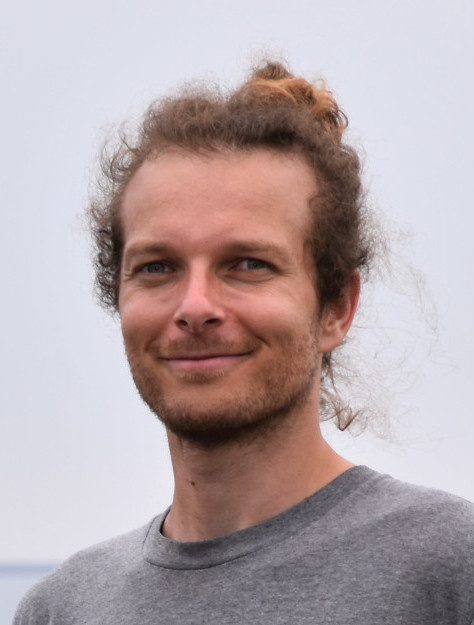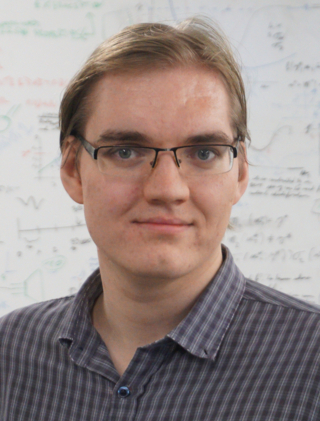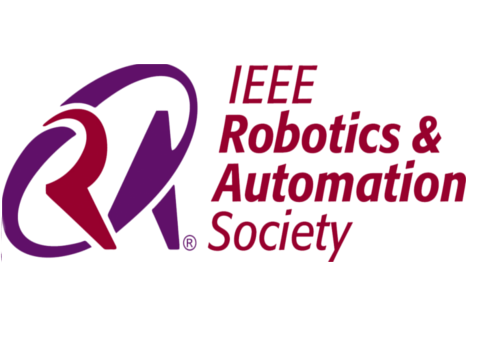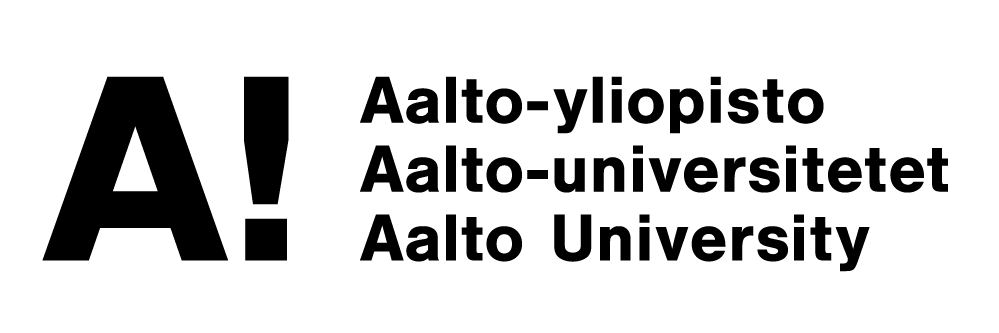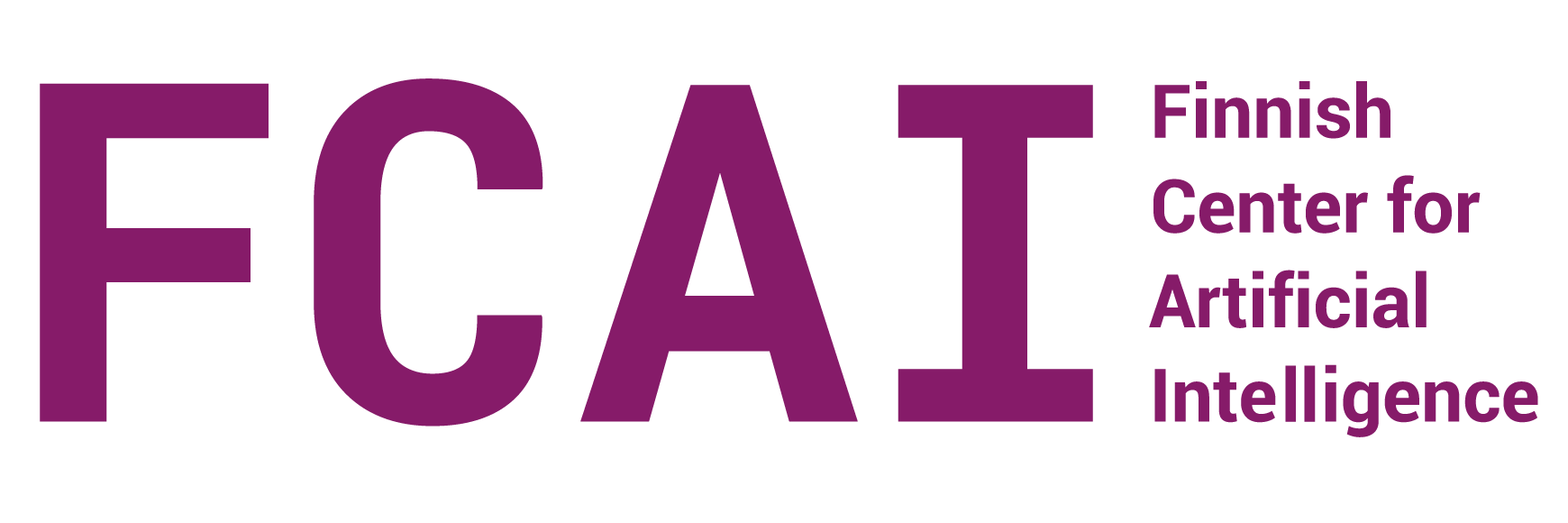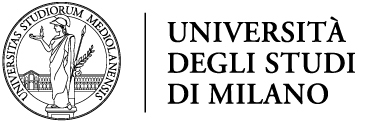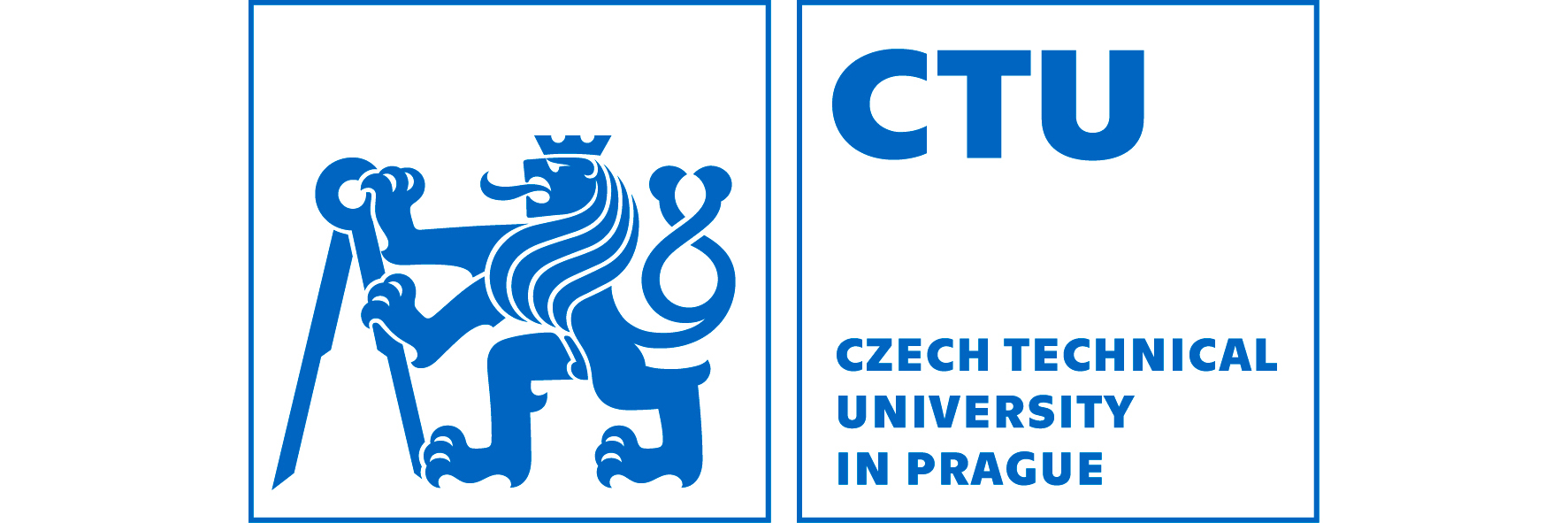Please fill our feedback form.
About the Workshop
In recent years, many of the technical and scientific advancements in machine learning and computer vision systems led to major innovations in the field of scene understanding. However, due to the limited generalization capabilities of these approaches and the lack of standards, only a small fraction of these promising ideas has been widely adopted by the robotic research community. Instead, the spatial representation research field continues to be largely influenced by algorithms and methods established prior to the deep learning revolution. In this workshop, our objective is twofold. Firstly, we seek to explore the opportunities presented to the field of spatial and semantic representations for robotics by recent innovations within the machine learning community. We will focus the discussion on learning-based models, including large-language and foundation models and their exceptional capabilities in comprehending and processing semantic knowledge, allowing open-vocabulary navigation and promising increased generalization. Simultaneously, we aim to identify the barriers hindering the widespread adoption of these technologies within our community. Our goal is to establish the groundwork for a machine learning toolkit for semantic spatial representation, specifically designed for the needs of the autonomous mobile robotics community.
